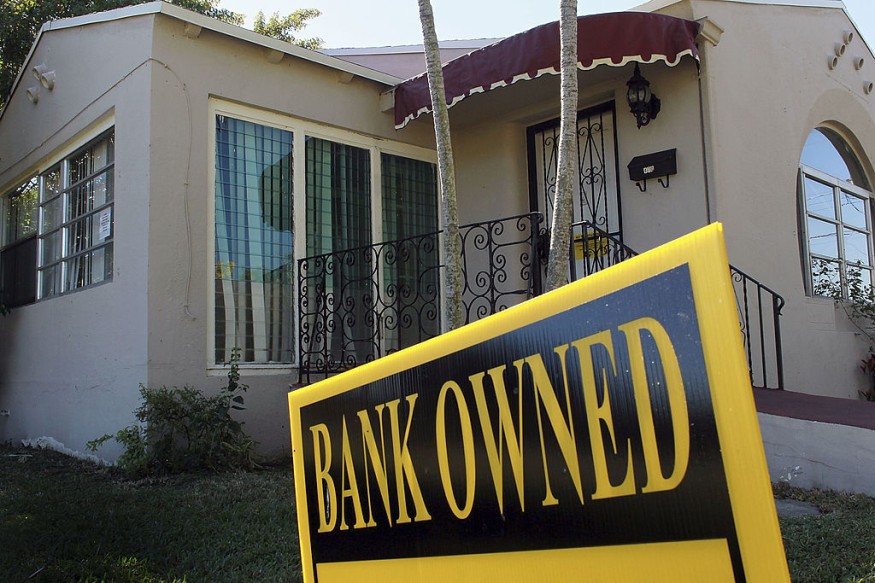
Buying a foreclosed home can be tempting, especially if you're after potential cost savings and an opportunity to enter the real estate market at a lower price point. However, it's crucial for potential buyers to tread carefully, as there are common pitfalls associated with foreclosed properties that can turn what seems like a great deal into a financial nightmare.
Here are some of the most common pitfalls that come with purchasing a foreclosed home.
Liens
One of the most significant risks when purchasing a foreclosed home is the potential existence of liens on the property. Liens are legal claims against the property due to unpaid debts by the previous owner. This may be related to unpaid utility bills or property taxes, among other issues.
If the property carries substantial liens, the new owner may inherit these financial obligations. Conducting a thorough title search is essential to identify any existing liens and understand the financial implications they may have on the purchase.
Poor Maintenance and Condition
Foreclosed homes often come with a history of financial distress, and as a result, they may have suffered from neglect in terms of maintenance. From leaky roofs to faulty plumbing, these issues can add up to significant repair costs.
Prospective buyers should be prepared to invest time and money into bringing the property back to a livable and marketable condition. A thorough inspection by a qualified professional can help uncover hidden structural issues and inform buyers about the true condition of the property.
Vandalism
Vacant foreclosed properties are vulnerable to vandalism and theft. Squatters, trespassers, or disgruntled former owners may cause damage to the property, further exacerbating the maintenance issues. It's essential for buyers to inspect the property promptly and address any security concerns to prevent further deterioration and unexpected repair expenses.
No Seller Disclosures
Unlike traditional home sales, where sellers are required to disclose known issues with the property, foreclosed homes are often sold "as-is," with no seller disclosures. This lack of information can leave buyers in the dark about potential problems, making due diligence even more critical.
Extra Costs
While the initial purchase price of a foreclosed home may be appealingly low, buyers should be prepared for additional costs that may arise during the purchasing process. These can include legal fees, back taxes, and the cost of necessary repairs and renovations.



